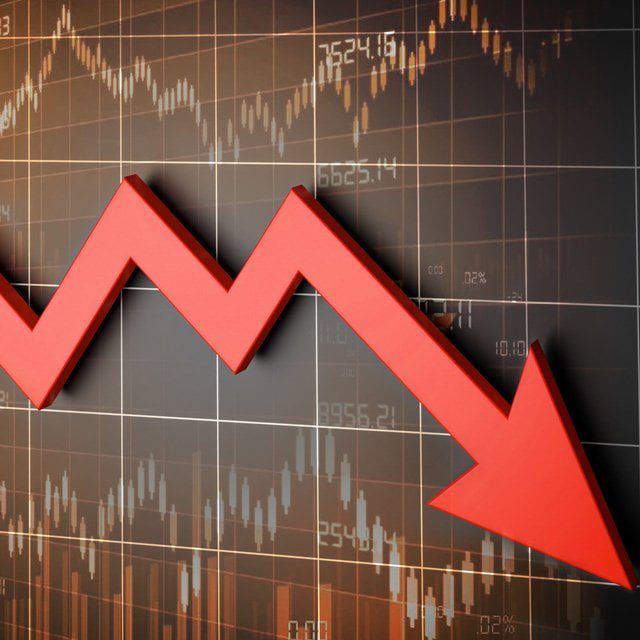Stock Losses Deepen as S&P 500 Breaches Key Level

Stocks fell around the world, while bonds climbed with gold on concern the Israel-Hamas war will escalate into a wider conflict in the Middle East. Oil pulled back after hitting $90 a barrel.
The S&P 500 dropped over 1%, notching its worst week in a month. The gauge breached its 200-day moving average — seen by some chartists as a bearish signal. Wall Street’s “fear gauge” — the VIX — rose to the highest since March.
Megacaps sold off, with Tesla Inc. posting its biggest weekly slide since December. American Express Co. tumbled amid disappointing volumes on its cards. Regions Financial Corp. sank after warning of further declines in net interest income.
Traders continued to seek haven amid the latest geopolitical developments. Treasury yields pared weekly increases that pushed the 10-year rate to almost 5%. Gold edged closer to $2,000 an ounce.
“The ongoing situation in the Middle East has triggered a surge of volatility in the oil and stock markets, compelling investors to re-evaluate their strategies and shift their focus from riskier assets to ‘safer’ investments,” said Fawad Razaqzada, market analyst at City Index and Forex.com.
Hamas released two American citizens who had been held captive in Gaza. Leaders from around the region are heading to Cairo for a Saturday summit on the crisis. Israel’s military said it struck Hamas targets in Gaza overnight.
Israel also responded to fire from Lebanon by hitting Hezbollah assets, and evacuated residents near the border. The Iran-backed militant group said it fired guided missiles at several Israeli sites.
Aside from the Middle East crisis, global markets have been whipped around in recent weeks by climbing Treasury yields and growing worries about interest rates staying elevated for longer.
Federal Reserve Bank of Cleveland President Loretta Mester said the US central bank is close to wrapping up its tightening campaign if the economy evolves as expected.
Corporate Earnings
Traders also waded through a raft corporate earnings. Of the 86 companies in S&P 500 that have announced results through Friday morning, 74% beat analysts’ profit estimates, compared with 78% for the whole season a year ago, according to data compiled by Bloomberg.
Individual shares reacted to earnings announcements in the week or so since Corporate America started reporting results.
But conflict in the Middle East and elevated Treasury yields have taken precedence, causing S&P 500 constituents to increasingly move in unison as global events sway markets broadly.
In half the trading sessions since Oct. 13, when the reporting cycle kicked off, at least 400 members in the S&P 500 have moved in the same direction. It’s a frequency that didn’t appear once in comparable weeks the past three earnings periods.



